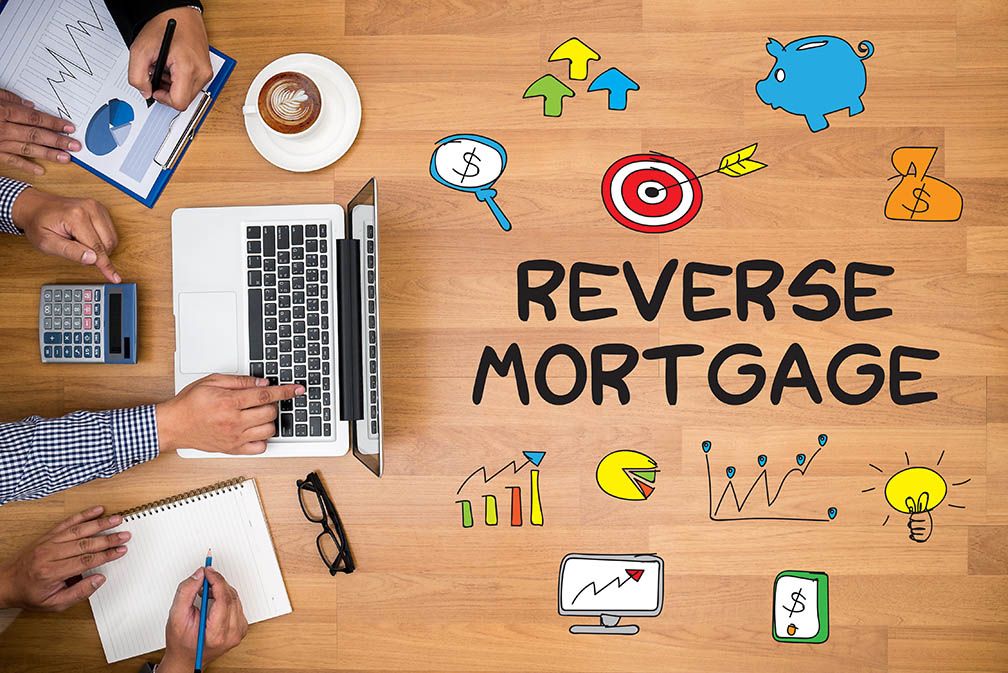Did You Know: 3 Reasons Why Mortgage Pre-approval Should Be Your Very First Step
 There are so many details involved in the mortgage process that you may not be aware of what pre-approval is if you’ve just entered the market. However, pre-approval assesses your ability to make monthly mortgage payments and can be an important first step in the home-buying process. If you’re currently contemplating a home purchase, here’s why you may want to consider pre-approval first.
There are so many details involved in the mortgage process that you may not be aware of what pre-approval is if you’ve just entered the market. However, pre-approval assesses your ability to make monthly mortgage payments and can be an important first step in the home-buying process. If you’re currently contemplating a home purchase, here’s why you may want to consider pre-approval first.
Improved Agent Attention
It may be a lesser-known fact, but it’s often the case that many real estate agents will not spend the time or put significant effort into a homebuyer that has not been pre-approved for a mortgage. While a good real estate agent will assist you in finding a home that’s right for you, if you haven’t gone through the necessary process of determining if you’ll be approved, they may think it’s not worth their time to show you houses you may not be eligible to buy.
A Benefit For Home Sellers
In the event that you happen to come across a home that you want to purchase and make an offer prior to pre-approval, there’s a chance the buyer will not waste their time considering it. Because the pre-approval process can determine errors in your credit history and there’s a wait involved, many home sellers will not want to be held up by this process to sell their home. As a pre-approval can reveal errors and bump up your credit score, it can also be of greater benefit for you to have an accurate number going into the home purchase.
Determines Your Financial Health
While a pre-approval is not a sure sign that your mortgage application will be approved, it can provide a detailed look at your financial health. This means that if you happen to have a less flattering credit history than expected, you can go back to the drawing board, saving more money and making payments, to try and bump up your credit. While this isn’t necessarily enticing for the person who is ready to buy, it can be a benefit for the type of home you’ll be approved for.
It’s common to want to get out into the market and find the perfect house at the right price, but pre-approval is an important process that will help you determine the house you can afford. If you’re currently on the market for a new home, contact your trusted mortgage professionals for more information.

 It may seem better to go it alone when it comes to acquiring a mortgage, but there are many benefits associated with using a mortgage professional that can make finding your dream home a lot easier. If you’re currently getting prepared to hit the market and are weighing your options, here are some reasons that a professional who knows the neighborhood will save you money.
It may seem better to go it alone when it comes to acquiring a mortgage, but there are many benefits associated with using a mortgage professional that can make finding your dream home a lot easier. If you’re currently getting prepared to hit the market and are weighing your options, here are some reasons that a professional who knows the neighborhood will save you money. With so many mortgage products available on the market, it can be hard to know which ones will serve you best as a homeowner. As a result, there are many mistruths surrounding the reverse mortgage products. If you’ve heard of this homeownership option and are wondering what it can do for you, let’s clear away some of the misconceptions.
With so many mortgage products available on the market, it can be hard to know which ones will serve you best as a homeowner. As a result, there are many mistruths surrounding the reverse mortgage products. If you’ve heard of this homeownership option and are wondering what it can do for you, let’s clear away some of the misconceptions.